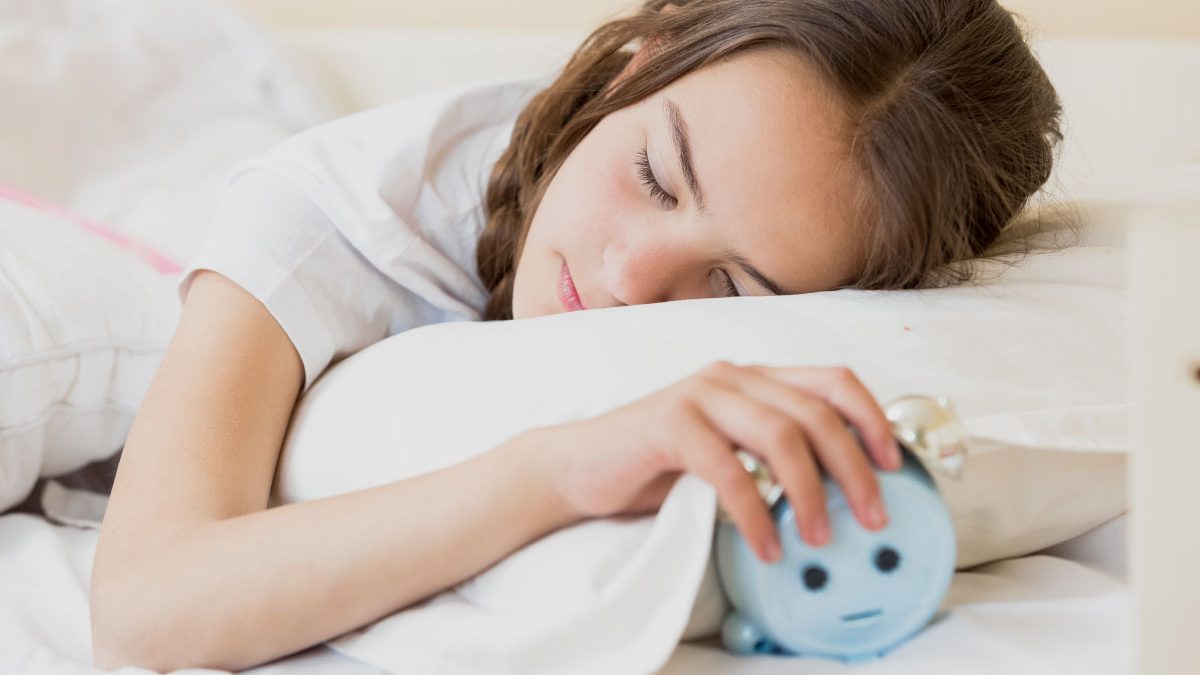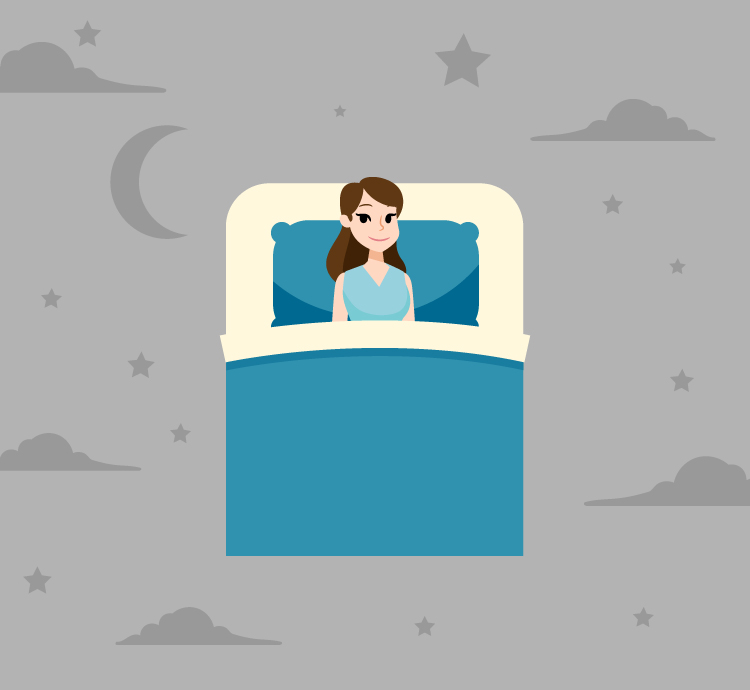Blog
|
21 May 2020
Transition from kids to adolescents – six tips about sleeping
The interesting story for parents to understand your children’s or even your sleeping habits. Let’s look into details together

1. Toddlers are not dreaming while sleeping. David Foulkes, a children psychologist who specializes on dreaming, said that toddlers have yet to collect enough life experiences and their brains are not fully developed, so they could start dreaming at the second year of their life.
Cr. Healthy Mummy
Cr. Healthy Mummy

2. You can learn the children’s behaviors from sleeping postures.
Chris Idzikowski, an expert on sleeping behavior explained nine major sleeping postures which are related to personal habits. For example, if the children lie down with arms and legs spread out, it can be implied that they are likely to learn and are expressive person, while others who like to sleep on one’s side with arms closed to their bodies are friendly and socializing person.
You can read more on the implication of other postures at
bit.ly/SleepingPositionSaysPersonality
Cr. Science of People, Healthy Mummy
Chris Idzikowski, an expert on sleeping behavior explained nine major sleeping postures which are related to personal habits. For example, if the children lie down with arms and legs spread out, it can be implied that they are likely to learn and are expressive person, while others who like to sleep on one’s side with arms closed to their bodies are friendly and socializing person.
You can read more on the implication of other postures at
bit.ly/SleepingPositionSaysPersonality
Cr. Science of People, Healthy Mummy

3. Some toddlers might express that they are full of energy although they actually tired and sleepy. This can be an indication of a long-term Attention Deficit-hyperactivity Disorder (ADHD). Please seek medical advices if your children exhibit that behavior although they lack adequate sleep.
Cr. Sleep Foundation, National Institute of Mental Health
Cr. Sleep Foundation, National Institute of Mental Health

4. The most effective to improve your children’s sleep is to let them participate in activity throughout the day. It can be a short walk outdoor, play sport, or an hour of swimming etc. This could be sufficient to let them sleep when they should.
Cr. Healthy Mummy
Cr. Healthy Mummy

5. A teenager aged 14-17 still requires sleeping hours similar to 5-year old, which is around ten hours per day, but it is usually that their biological clock or Circadian Rhythm could be delayed by a few hours so it is normal for teenagers to stay awake even after 11 pm and they might routinely wake up later.
Cr. Sleep Foundation, Healthy Mummy
Cr. Sleep Foundation, Healthy Mummy

6. The extensive studying throughout the night could not improve the result. This makes students remember and understand the lessons less, also the knowledge refreshment and analytical skills could also be compromised. Research from Georgia University in the US shows that students who sleep less than six hours a day can achieve lower academic performance than the group who sleep more than eight hours a day.
Cr. University Health Center (University of Georgia)
Cr. University Health Center (University of Georgia)



